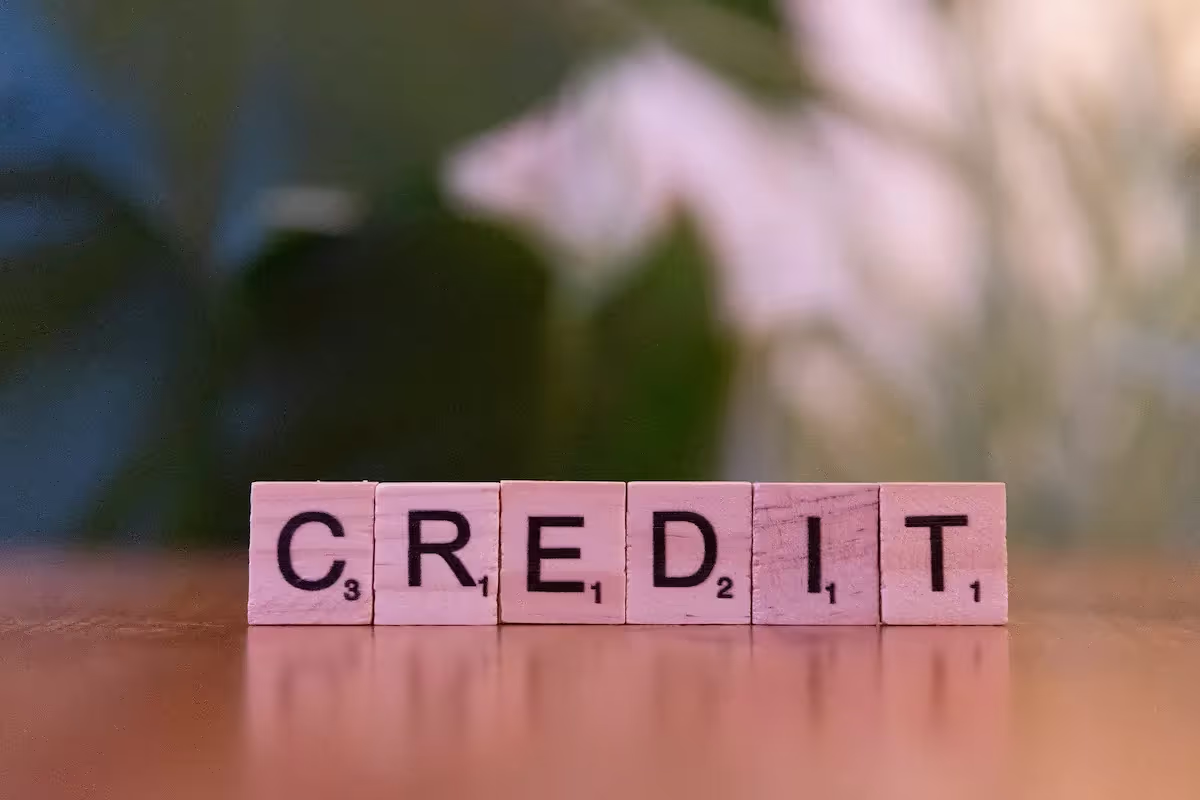
Kudos has partnered with CardRatings and Red Ventures for our coverage of credit card products. Kudos, CardRatings, and Red Ventures may receive a commission from card issuers. Kudos may receive commission from card issuers. Some of the card offers that appear on Kudos are from advertisers and may impact how and where card products appear on the site. Kudos tries to include as many card companies and offers as we are aware of, including offers from issuers that don't pay us, but we may not cover all card companies or all available card offers. You don't have to use our links, but we're grateful when you do!
Can You Repay 401(K) Loan with Credit Card?
July 1, 2025


Quick Answer
No, you cannot directly repay a 401(k) loan with a credit card, as plan administrators require payments through methods like payroll deductions or bank transfers.
Should You Repay 401(K) Loan With A Credit Card?
Here are the potential upsides and downsides of this financial move.
Benefits
- Avoid loan default: A credit card can provide the funds to meet a short repayment window, helping you avoid taxes and penalties on the loan balance.
- Gain more time: Using a card with a 0% introductory APR gives you an interest-free period to pay off the new debt.
- Convenience: It is a fast way to access the money required to settle your 401(k) loan.
Costs
- High interest rates: Unless paid off during a 0% APR period, credit card interest is typically much higher than 401(k) loan interest.
- Transaction fees: You will likely incur cash advance or third-party service fees, usually 3% to 5% of the transaction amount.
- New type of debt: You are converting a loan where you pay yourself interest into high-interest debt owed to a bank.
How to Repay 401(K) Loan With A Credit Card
Using a credit card to repay a 401(k) loan can be a strategic move, especially with a low-interest card. This guide outlines the key considerations for this financial maneuver.
- Confirm Payment Options: Before proceeding, contact your 401(k) plan administrator to verify if they accept credit card payments for loan repayment. Some plans may not allow direct credit card transactions or may use a third-party processor.
- Select the Right Card: The success of this strategy hinges on your choice of credit card. Look for a card with a 0% introductory APR on purchases or balance transfers to minimize interest costs. You can use an online tool to explore card options and find one that suits your financial situation.
- Assess Fees and Terms: Be aware that your 401(k) provider might charge a processing fee for credit card payments. Additionally, your credit card issuer could treat the transaction as a cash advance, which typically incurs higher fees and immediate interest accrual.
- Execute the Repayment: Once you have confirmed the details and selected a suitable card, proceed with making the payment to your 401(k) loan account according to the administrator's instructions.
- Plan Your Credit Card Payoff: Remember that you've transferred the debt, not eliminated it. Create a disciplined budget to pay off the credit card balance before the promotional interest period expires to avoid high-interest charges.
Impact On Your Credit Score
While you can't directly pay a 401(k) loan with a credit card, using a cash advance or balance transfer to do so can have several indirect effects on your credit. Here are some potential impacts to consider.
- Credit Utilization Ratio. A large cash advance or balance transfer will increase your credit utilization, which is the amount of credit you're using compared to your limit. A higher ratio can negatively affect your credit score.
- Increased Debt Load. You are essentially trading a lower-interest 401(k) loan for high-interest credit card debt. This can increase your total monthly payments and make your overall debt more difficult to manage long-term.
- Payment History. If the new, higher credit card payments become difficult to manage, you risk making late or missed payments. Your payment history is the most significant factor influencing your credit score, so this could cause substantial damage.
Alternative Ways To Repay 401(K) Loan
Automated Bank Debits
One of the most common methods for repaying a 401(k) loan is through automated clearing house (ACH) payments directly from your checking or savings account. This approach ensures your payments are made on time without manual intervention. You can typically set this up through your 401(k) plan administrator's online portal, where you can link your bank account and authorize recurring debits that align with your repayment schedule. This eliminates the need to remember to make payments and helps you stay on track.
Lump-Sum or Extra Payments
If you come into extra funds, consider making a lump-sum payment or additional payments toward your loan balance. This strategy can help you pay off the loan faster, reducing the total interest you pay back into your account and restoring your full investment potential sooner. Before doing so, confirm with your plan administrator if they accept unscheduled payments and how those funds will be applied to your principal balance, as procedures can vary between providers.
Choose the Right Card to Repay 401(K) Loan
Selecting the right credit card to manage your 401(k) loan repayment can feel daunting, but it doesn't have to be. With a database of nearly 3,000 options, Kudos' Explore Tool can help you pinpoint the perfect match for your financial situation. By taking a quick quiz about your needs, you can compare features like 0% APR offers or balance transfer benefits side-by-side to make an informed decision. Find the best card for your needs and take control of your repayment strategy.
For those who want to maximize their credit card rewards, Kudos is the top free shopping assistant for online purchases. Plus, we're giving new users $20 back on their first qualifying buy—simply sign-up for free with code "GET20" and shop at a Boost-enabled store.
Frequently Asked Questions
What are the risks of using a credit card for a 401(k) loan?
You risk accumulating high-interest credit card debt, which could be more costly than the original 401(k) loan.
Are there fees for this type of transaction?
Yes, credit card issuers typically charge a cash advance fee, which is often 3-5% of the transaction amount.
How does repaying a 401(k) loan with a credit card affect my credit score?
Increasing your credit card balance raises your credit utilization ratio, which can negatively impact your credit score.

Supercharge Your Credit Cards
Experience smarter spending with Kudos and unlock more from your credit cards. Earn $20.00 when you sign up for Kudos with "GET20" and make an eligible Kudos Boost purchase.
Editorial Disclosure: Opinions expressed here are those of Kudos alone, not those of any bank, credit card issuer, hotel, airline, or other entity. This content has not been reviewed, approved or otherwise endorsed by any of the entities included within the post.





















.webp)
.webp)
.webp)
.webp)















